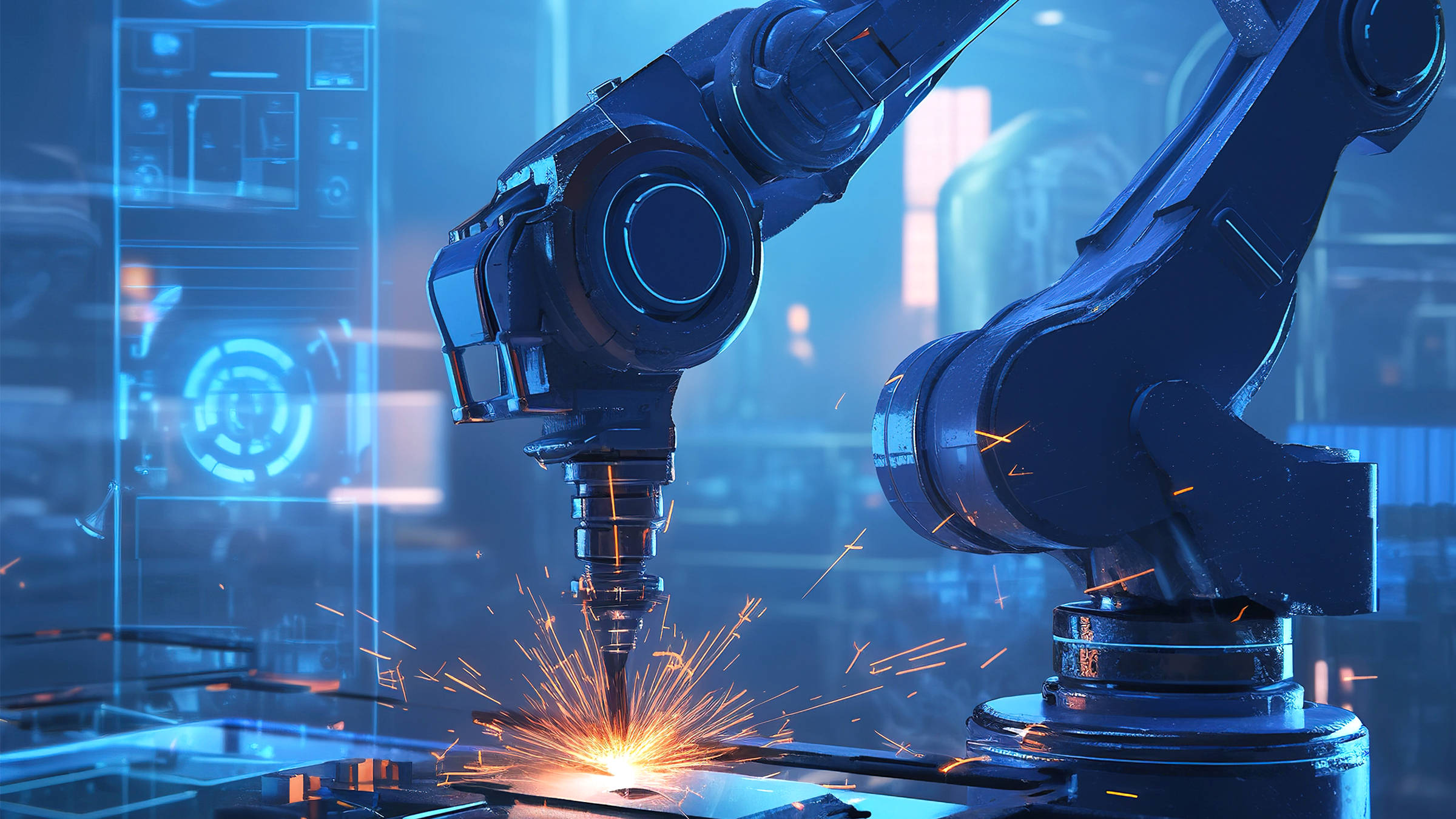The Southeast Asian metalworking industry acts as a foundation to many sectors – including manufacturing - delivering essential components and materials for production. Key factors shaping the industry's future include technology, sustainability, and environmental regulations, as the region deals with supply chain issues, labor shortage and regulatory change.
To address these challenges, businesses in the region need to implement automation, technologies like AI, and smart manufacturing to transform production processes, making them more efficient, sustainable, and adaptable to global issues. Here’s what that means:
Automation and Robotics: Enhancing Efficiency and Precision
Automation will play a key role in the metalworking industry, improving processes and precision. Smart manufacturing systems, powered by robotics, AI, and machine learning, will help boost efficiency and lower labor costs. These technologies can also address workforce shortages by enabling machines to handle repetitive tasks autonomously.
Rockwell Automation’s MagneMover LITE® Intelligent Conveyor System, for instance, is a smart transport system that allows seamless and efficient moves from small to medium loads, with a flexible design that allows businesses to expand the system according to production needs, without overhauling existing setups.
Sustainability and Green Manufacturing: Adapting to ESG Demands
Manufacturing of course contributes to environmental impacts, noted by UN Trade & Development (UNCTAD). But that is being addressed. According to the Rockwell Automation State of Smart Manufacturing Report, 91% of APAC manufacturers have some form of formal ESG policy.
As the demand for sustainable and ESG-driven practices increases, the long-term viability of the industry hinges on adopting more energy-efficient production methods, improving waste management, and embracing circular economy principles. Rockwell Automation is committed to these goals, reflected in a range of products designed to support more sustainable manufacturing practices.
One of the products is the FactoryTalk Energy Management solution, a platform-based energy monitoring application that collates and contextualizes relevant energy data. Built on Rockwell Automation’s FactoryTalk® DataMosaix™ solution, aggregated data from various sources, such as energy or production, can be integrated, with tools to monitor, analyze, and assess consumption, demand, intensity, costs, and emissions. Businesses gain insights into the location, timing, and methods of energy use to determine the scope of their energy-saving initiatives and establish key performance metrics in sustainable manufacturing.
Workforce Upskilling and Digitalization: Preparing for the Future
As automation and digital technologies advance, there is an increasing need for a skilled workforce capable of operating and maintaining these systems. Realizing the need to be on pace with technological advancements, businesses are expected to increase their investment in labor upskilling.
Rockwell Automation’s Competency Learning Plans, for instance, is a program for businesses to upskill their workforce and address skill gaps. They combine a range of Learning+ virtual training and eLearning modules and instructor-led training courses, specially curated into packages that ensure employees get the right specialist training for their jobs.
Rockwell Automation’s Role in the Future of Metalworking
To thrive in Southeast Asia's evolving metalworking industry, companies must invest in new technologies and embrace innovation. Automation, AI, and smart manufacturing can help enhance efficiency, lower costs, and tackle workforce shortages.
Originally published in International Metalworking News for Asia (pp. 28-29)


